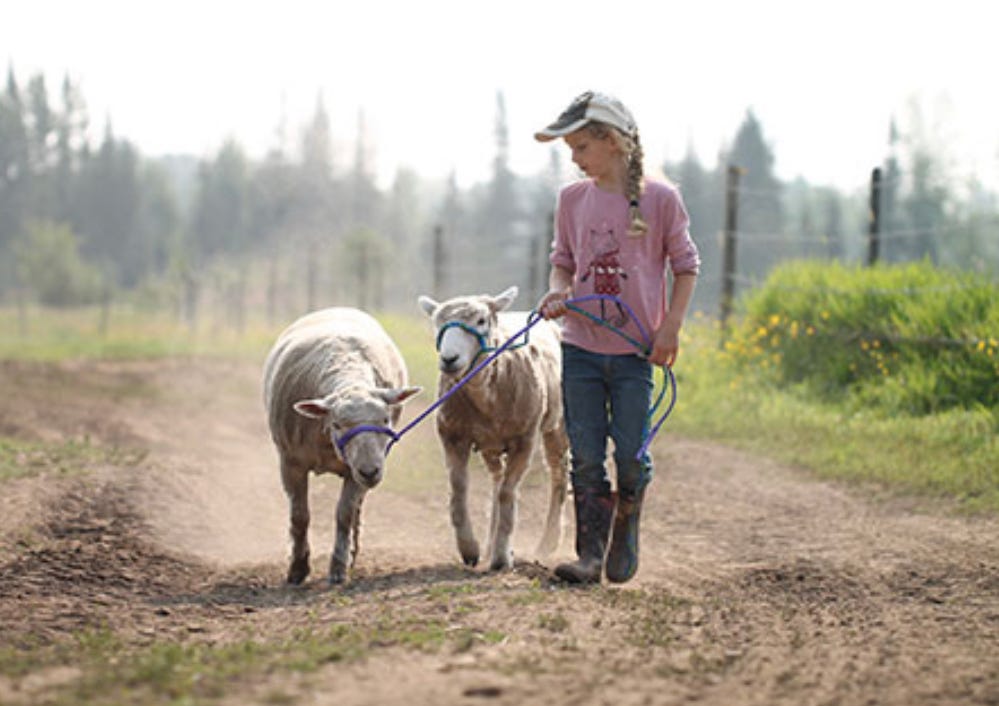This is a story from lunch at the High Ground Cafe in Lone Butte this week. Thanks Brian for the nice coffee & sausage roll it was good! If you haven’t been yet, check them out in the old Meline’s Cafe Building.
Talk about a David and Goliath story. While I was getting seated at the Highground, I heard the ladies next to me discussing livestock & feed and the difficulties the lambs were facing.
We later engaged in some further conversation about how supply chain challenges are impacting the vulnerable livestock (babies) first.
The company supplying the feed to the 100 Mile Feed & Ranch distribution store recently changed the composition of the mix that my new friend was feeding to the baby lambs. While the ewes stomachs can tolerate the change in feed composition & quality, the baby lambs little new stomachs are not so easily able to tolerate the new composition.
This unpredictability threatens the ability of the lambs to thrive. My new friend explained to me that she “works each and every day to produce happy, healthy livestock, the lambs can get ill from the formula variations and if I don’t know what has changed it is incredibly difficult”. The really sad part about the story is these are 4H lambs and to think how heartbreaking and difficult it would be to not be able to get the lambs to the youth in the 4H clubs. In her voice I could tell it is a labour of love to do the work. So much so, that I had a difficult time translating the feeling I got into words.
We talked about some of the underlying issues:
Lack of transparency, not from the local Feed Store, but rather from the Corporate Supplier as to the change in formulation and possible switch to lower grades? This would at least alert the small consumer as to what the change has been so they can adapt.
Floods, crops and labour. The plant in Abbotsford was wiped out needs to be rebuilt and the Alberta plant is struggling to keep up in the wake of the devastation. The recent winter storm on the prairies is further disheartening.
With no production in the immediate area the Feed Store is reliant on more distant imports from organizations which, as such, have much less need to be transparent or accountable to the many small producers.
With the weather and changing everything, the time has absolutely come to reign in the corporate model and begin engaging in local / regional production of what we need, in order to maintain the spirit of our communities we need security in certain sectors, such as Food.
Simple solutions? Bring the feed & food supply chain closer to home. In the case of the livestock, if not the grain production at least a more regional and cooperative micro-pelletizer that is responsive to the users. Building and kick-starting the open source Civilization Starter Kit could be a great start to true community food security! Any angel investors out there who could contribute towards getting either of these projects rolling?
Thanks for the chat Heidi and Mary!
Look for these ladies at the Lone Butte Community hall, they are involved with the Lone Butte Horse Lake Community Association a group founded in 1971 in response to the fire which devastated the Community. Regular meetings are the second Tuesday of each month 7pm.





